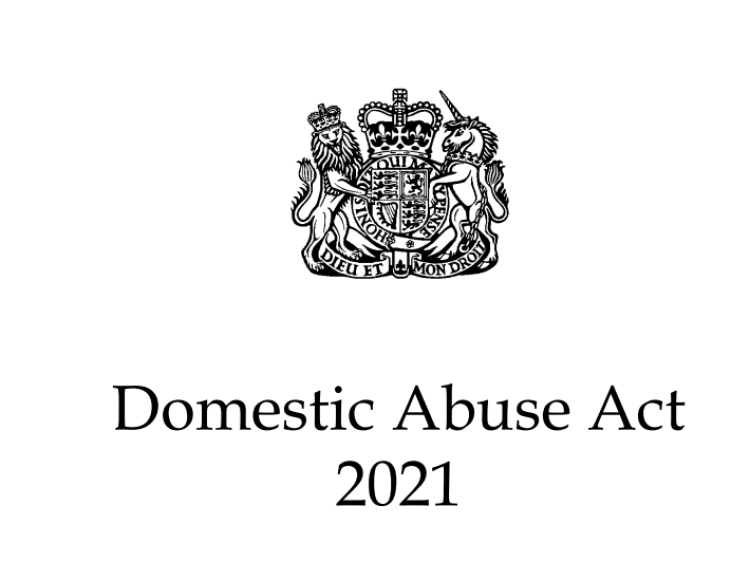Disclosures of Domestic Abuse
Employers have a legal responsibility to provide a safe and effective work environment for all their people. They should therefore aim to create a safe and supportive workplace so that people feel confident that any disclosure of domestic abuse will be treated confidentially and taken seriously.
By creating a supportive workplace and taking appropriate action when an employee discloses domestic abuse, employers can help change and potentially save the lives of their employees.
If an employee makes a disclosure of domestic abuse or is a witness to any related incidents in the workplace, the employer should make a record of the conversation since the employer may be called upon to provide evidence in any investigations by the police or in court procedures related to the domestic abuse.
These are some of the key points employers should consider when recording disclosures of domestic abuse:
-
Confidentiality
Employers should always reassure the employee that any disclosure is confidential.
Information should only be disclosed to someone else if it is necessary to provide help and support – and with the prior consent of the person who has made the disclosure.
The only exceptions are where the person to whom the disclosure is being made believes that there is an imminent threat to life, harm of children, or threat against the employer. In those cases, the employer should contact the police as soon as possible.
-
Taking a record of a disclosure
All records must be clear and accurate, and should give dates, times and locations.
Notes of disclosures should be factual recordings of what has been said. The notes should not include speculation or the views of the person taking the record.
A copy of the notes should be shared with the employee. For some people, receiving the notes may be triggering so you should be clear with the employee about how and when the notes will be sent, i.e., which email address, passwords to be used, etc. Consideration should also be given to the narrative used to title/save documents and emails.
Employers should always be clear with the employee exactly:
- What has been recorded
- Where it will be held
- Who will have access to this information
- How long the information will be retained
If there is a safeguarding concern, it is important that an accurate note is taken of any disclosure, especially if it is to be shared with the appropriate agency, e.g., the police or social services.
-
Retaining a record of a disclosure of domestic abuse
The record should be retained in a safe location, e.g. using a password and should only be accessible by those who need access.
Disclosures should not be included in an employee’s personal record (e.g. within a Human Resources system) unless linked to their employment (for example, if it forms part of a disciplinary disclosure, or if a perpetrator of domestic abuse is on bail / suspended from work because of domestic abuse.)
It is important to remember that the workplace and its systems may also provide a safe and secure place for the employee to keep a record of the abuse they are experiencing at home, which may assist for evidence gathering purposes for the police or other agencies.
-
Data Protection
Any records taken as part of a disclosure must comply with the requirements of the UK General Data Protection Regulation (GDPR), including any additional protections relating to sensitive personal data.
Records of disclosures should only be retained for as long as it is necessary.
This means that employers must have a lawful basis for retaining the personal information, i.e., in the legitimate interests of the employee or with their explicit consent.
-
Response to a disclosure of domestic abuse
It is important for employers to provide a trauma-informed response to disclosures of domestic abuse. Ideally, employers will have a domestic abuse policy setting out their response to domestic abuse and the support available to their people.
An employer will need to work closely with the employee to understand what they need and to agree the most appropriate course of action to ensure their safety and wellbeing, the safety and wellbeing of their family, and potentially the safety and wellbeing of other employees. This may involve providing support and resources, such as:
- EAP (Employee Assistance Programme)
- Referrals to counselling
- Time away from work
- Signposting to specialist domestic abuse services, including IDVAs (Independent Domestic Violence Advisers).
Source: Insights provided by Hogan Lovells.






